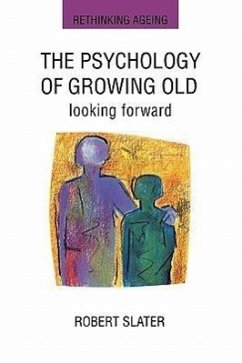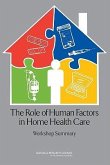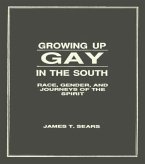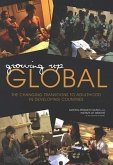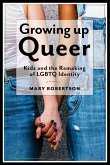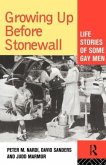Ageing has traditionally been seen as ubiquitous decline - all 'doom and gloom'. The Psychology of Growing Old challenges this view and shows how our own attitudes and values may serve to perpetuate it. The book uses the research literature of gerontology - the multidisciplinary study of ageing and later life - to involve the reader in considering his or her own future and that of others. It examines the potential that ageing and later life have to be a rewarding experience - something to look forward to - rather than something to be denied and rejected. Unlike other books in the area, The Psychology of Growing Old places the reader centre stage as someone who can influence the future of ageing. It will be of interest to a wide range of professionals in health and social services who work with older people; and relevant to many student courses with ageing as a focus, whether in psychology, sociology, nursing, gerontology, social work or the medical professions.
Hinweis: Dieser Artikel kann nur an eine deutsche Lieferadresse ausgeliefert werden.
Hinweis: Dieser Artikel kann nur an eine deutsche Lieferadresse ausgeliefert werden.

